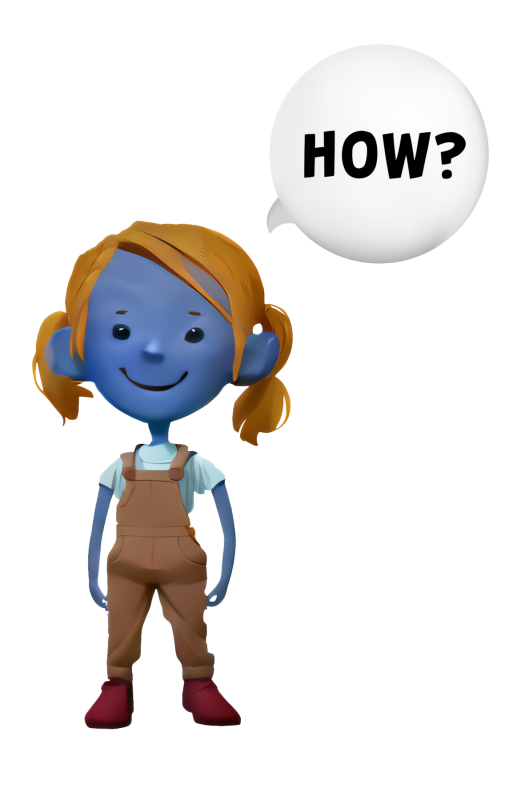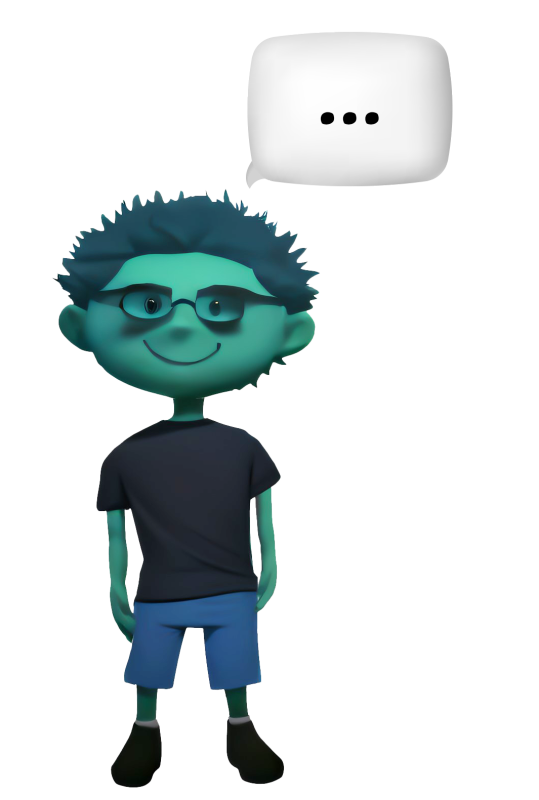Just as we prepare children with staying safe on the road, water and at home, we need to prepare them to be safe with others.
Having conversations about body safety sends the message that your child can always talk to you and that you will listen no matter what. Children have the right to be safe and talking about body safety helps to create safe environments that help children grow and thrive. You can download our flyer here, on talking with children about body safety.
They are a great way to start conversations. Here are some suggestions:


Listen
Sometimes when you’re talking, your child might tell you things or share concerns. There are a couple of steps to take when this happens:
Teach them they’re allowed to say ‘no’
“Your body belongs to you. No one can touch it, talk about it, take pictures of it without your consent”
Tell them explicitly, “It is wrong for other people to touch their body in front of you or show you their body or videos or pictures of their body or somebody else’s.”
For younger children, you can be specific with words like, “If a grown-up or other child wants to see or touch your penis/vulva without good reason* that is not ok. You need to tell me right away. You would never be in trouble. No one should ask you to keep that a secret either.” *
*Explain a good reason is like the doctor needing to see your body and I would be there as well.
Practise how they could respond in these situations. Practise saying “Stop it!” and standing tall to say, “No. I don’t want you to do that.” Or just “No.”

People who sexually abuse children need the abuse to be a secret. You can help your child or the child you’re caring for stay safe by helping them understand the difference between surprises and unsafe secrets.
Some of the differences to explain:

Raising Children
https://raisingchildren.net.au/preschoolers/safety/online-safety/internet-safety-2-5-years
https://raisingchildren.net.au/school-age/media-technology/online-safety/grooming-signs
Raising Children Network
https://raisingchildren.net.au/
Better Health Channel
https://www.betterhealth.vic.gov.au/servicesandsupport/child-family-and-relationship-services
Safe4Kids Protective Education videos
https://www.youtube.com/c/Safe4KidsChannel